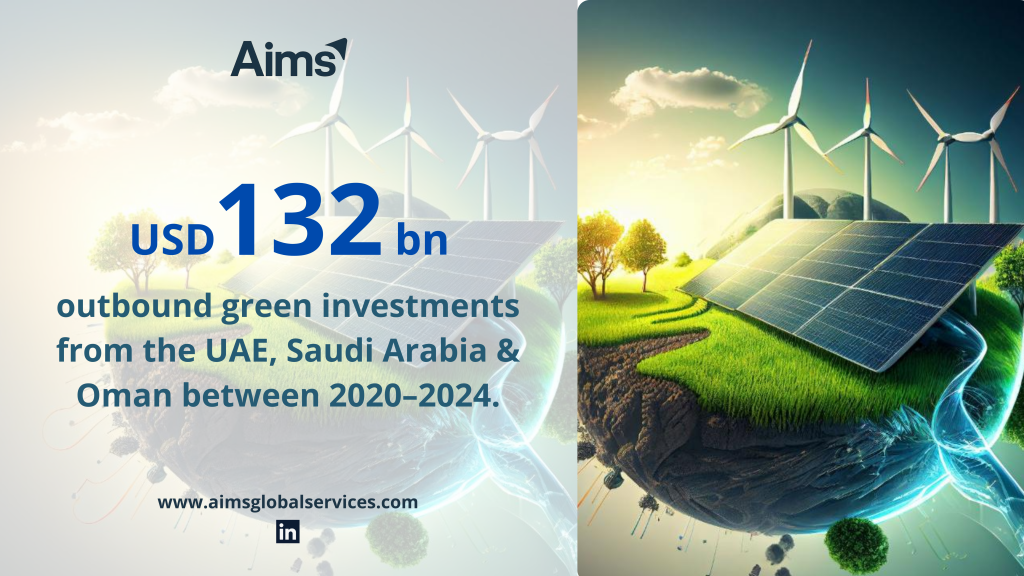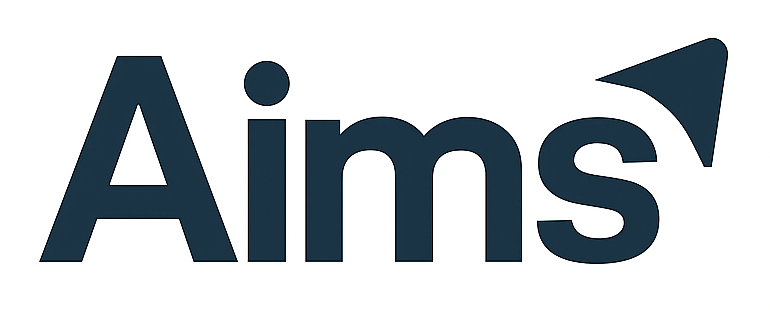
According to a Strategy& Middle East report, between 2020 and 2024, Saudi Arabia, the UAE, and Oman captured around USD 24 billion of the roughly USD 1 trillion in global green foreign direct investment (FDI). That’s just 2% of the global total — even as these same GCC states invested more than USD 132 billion abroad in green projects.
Globally, over half of large cross-border green investments in that period were directed toward hydrogen, renewables (solar and wind), and batteries. The GCC is uniquely positioned to play a leading role here, with some of the world’s lowest-cost solar power, ambitious net-zero targets, and growing frameworks such as green bonds, sustainable finance structures, and long-term offtake agreements.
Saudi Arabia attracted roughly USD 12.6 billion in inbound green FDI, while Oman secured close to USD 8.9 billion, including major Indian-backed ammonia and steel projects. At the same time, the GCC’s outbound green investments are also rising, with projects in hydrogen and ammonia production across markets like Egypt and Mauritania.
What This Means for Opportunities & Doing Business in the GCC
1. Competitive advantage & timing
The region’s natural assets and policy momentum create a sweet spot for first movers — from clean energy producers to green tech innovators and infrastructure investors. There’s still significant untapped potential.
2. Enabling policies & de-risking tools
To attract more capital, GCC nations must deepen investment-friendly policies: long-term offtake agreements, strong regulatory frameworks, and scalable green finance instruments.
3. Cross-border & supply chain growth
Green FDI is not just inbound. The GCC’s outbound projects highlight a role as regional and global supply chain players in hydrogen, ammonia, and other green commodities.
4. Untapped scale vs. GDP
Despite progress, most GCC states (except Oman) still lag peers when FDI is measured relative to GDP — showing significant room for improvement and opportunity.
The Bigger Picture
For businesses, investors and policy-makers: the GCC has already attracted significant green investment, but this is the beginning, not the peak. The region has all the ingredients to become a major hub for green energy, industrial decarbonization, and climate finance. If regulatory certainty, financing innovation, and realistic long-term commitments continue, being active here over the next 5-10 years could define who wins in the global green economy.
